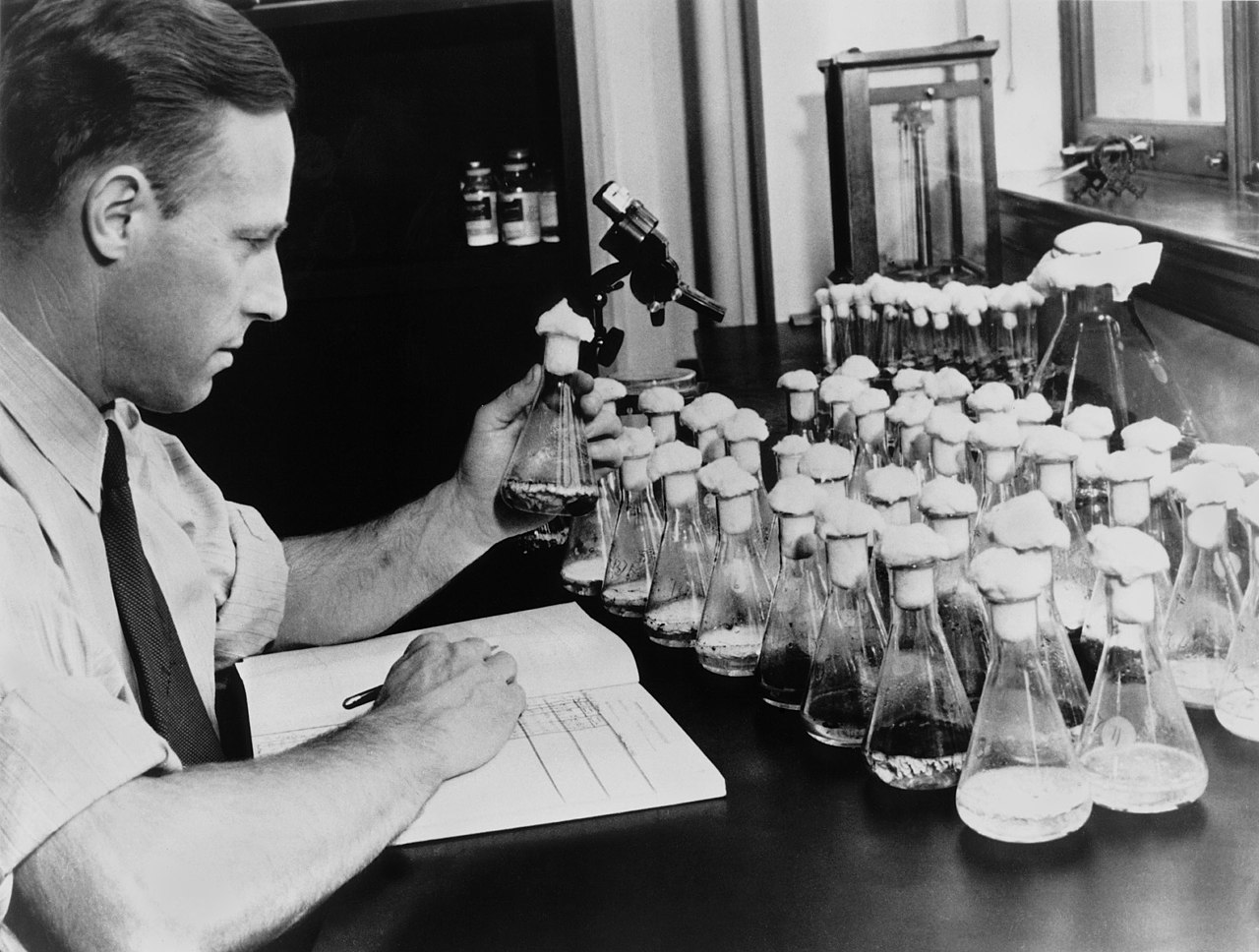
Meeting the moment for bold, ambitious science reform agenda: FAS and Good Science Project partner on R&D reform sprint
When Stuart Buck of the Good Science Project and Mike Stebbins, now a Senior Advisor with FAS, reached out to suggest that our organizations work together to co-develop and publish an exciting tranche of memos on reforming the R&D enterprise, the partnership was a natural. What has been more of a surprise though, is how wide the policy window would open for these ideas over the months between when authors started working on these ideas and today.
In this unprecedented inflection point (and time of difficult disruption) for higher education, science funding, and agency structure, we have an opportunity to move beyond incremental changes and advocate for bold, new ideas that envision a future of the scientific research enterprise that looks very different from the current system. Congress and federal agencies seem receptive to new ideas – Senators Martin Heinrich (D-NM) and Mike Rounds (R-SD) just wrapped up a Request for Information for the American Science Acceleration Project (ASAP) and the White House Office of Science & Technology Policy is signaling interest in science reform through recent implementation guidance issued for the Gold Standard Science Executive Order.
This week, FAS X Good Science Project are publishing a collection of Day One memos that cover topics in the broad buckets of 1) Accountability Improvements; 2) Administrative Efficiencies; and 3) Research Lab Invigoration. Many of the expert authors leverage metascientific approaches, the science of science, to propose strategies for reform. Some make recommendations at the institutional level and some at the level of individual grants. All point to a vision of the future research enterprise that is more streamlined, less risk averse, more innovative, and less subject to fraud.
Some highlights to look out for as these memos roll out. It is now a well known sound byte that researchers spend 40% of their time on administrative tasks and burdens. But what are they actually doing with that time? What if we could systematically identify which bureaucratic activities have a poor return on time and effort or those that are fueled by compliance exercises and modify them accordingly, as memo author Michele Zanini explores. And more than reducing research burden, what if we deploy the science of science to supercharge innovation. Authors Richard Ikeda and Neil Thakur propose that research funding agencies should use the content of grant applications to develop and train artificial intelligence (AI) tools to predict the future of scientific and technological breakthroughs, enhance peer review, and encourage better research investment decisions by both the public and the private sector.
At the institutional scale, what if we could restore a “free-market approach to scientific discovery,” and execute on an ambitious, current day vision of the iconic Bell Labs of the 20th century that would fundamentally improve US national and economic competitiveness. Author Jeff Tsao outlines a plan for a Bell Labs 2.0 that could really resonate with the current priorities of the bipartisan Congressional Research and Development (R&D) caucus in the U.S. House of Representatives.
Perhaps most poignant, is a memo that shows us just how urgent the need is for reform of the science enterprise and regulatory landscape, literally a matter of life and death in some cases. Jake Seliger, a technical writer who worked on grant proposals to the NIH, NSF, and other science funders, makes incisive recommendations for reforming clinical trial landscape, while sharing his own heartbreaking narrative of his journey through as a patient with squamous cell carcinoma. He and his wife Bess Stillman, an emergency physician at the Mayo Clinic, wrote this memo together, with Stillman taking it over the finish line after her husband passed away from his disease before he could finalize it.
FAS wants to underscore that publication of these memos is just the beginning. In this open policy window for bold and ambitious ideas for science reform, FAS looks forward to supporting memo authors to make connections with decision-makers who can help advance these reforms toward adoption.
This memo produced as part of the Federation of American Scientists and Good Science Project sprint. Find more ideas at Good Science Project x FAS
The Federation of American Scientists supports Congress’ ongoing bipartisan efforts to strengthen U.S. leadership with respect to outer space activities.
By preparing credible, bipartisan options now, before the bill becomes law, we can give the Administration a plan that is ready to implement rather than another study that gathers dust.
Even as companies and countries race to adopt AI, the U.S. lacks the capacity to fully characterize the behavior and risks of AI systems and ensure leadership across the AI stack. This gap has direct consequences for Commerce’s core missions.
As states take up AI regulation, they must prioritize transparency and build technical capacity to ensure effective governance and build public trust.